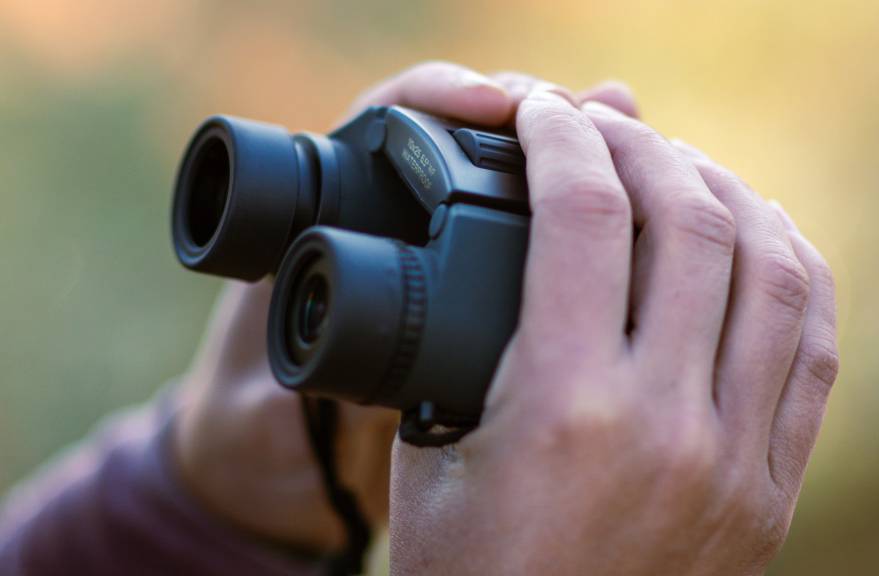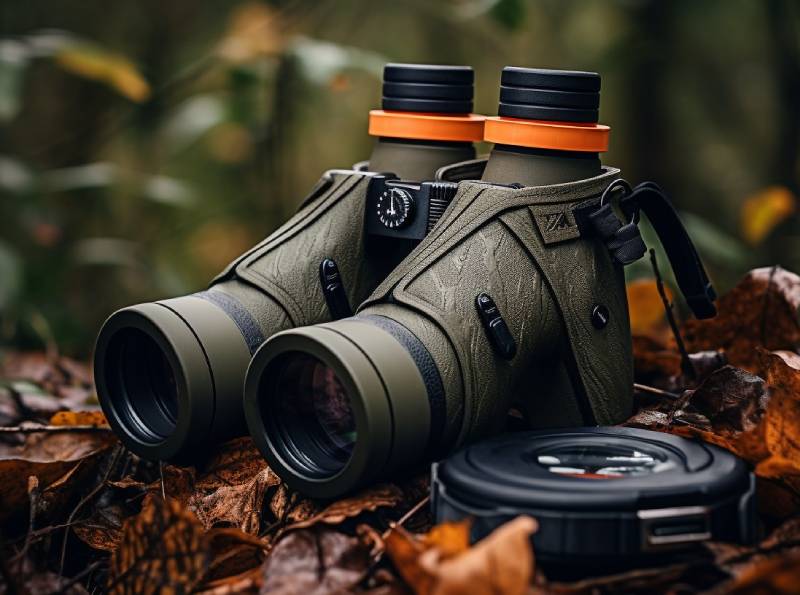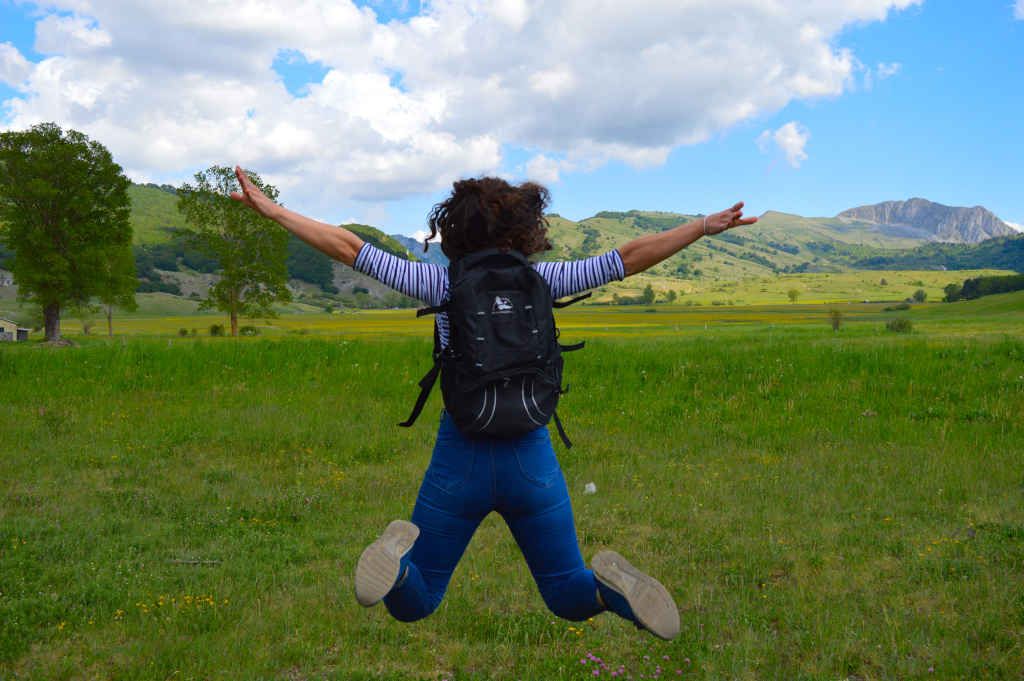Camping can be a delightful escape from the hustle and bustle of everyday life, offering a chance to reconnect with nature, bond with family and friends, and unwind in the great outdoors. Whether you’re a complete novice or a casual camper looking to enhance your experience, this guide will walk you through the essentials, from planning your trip to breaking camp. Let’s dive into the nitty-gritty details of camping tips for dummies.
1. Planning Your Camping Trip

Choosing Your Campsite
- Research: Investigate potential campsites online. National parks, state parks, and private campgrounds each offer unique experiences. Look for reviews and ratings.
- Reservations: Popular campsites fill up quickly, especially in peak season. Reserve your spot well in advance.
- Amenities: Decide on the level of amenities you need. Do you want flush toilets, showers, and potable water, or are you ready for a more rustic experience?
Packing Essentials
- Shelter: Choose a tent that fits your needs. If you’re new to camping, a simple, easy-to-pitch tent is ideal. Ensure it has a rainfly and good ventilation.
- Sleeping Gear: A sleeping bag rated for the season and a sleeping pad or air mattress for comfort are crucial. Don’t forget pillows.
- Clothing: Pack layers to adapt to changing weather. Include moisture-wicking fabrics, a warm jacket, a raincoat, sturdy shoes, and extra socks and underwear.
- Cooking Supplies: A portable stove or grill, fuel, matches or a lighter, cookware, utensils, and cleaning supplies are essential. Don’t forget a cooler for perishable items.
- Food: Plan meals ahead. Pre-cook and pack some meals to save time. Bring non-perishable snacks and plenty of water.
Safety and Navigation
- First Aid Kit: Always have a well-stocked first aid kit. Include bandages, antiseptics, pain relievers, insect repellent, and any personal medications.
- Navigation Tools: A map, compass, and GPS device or smartphone with offline maps can help prevent getting lost.
- Weather Awareness: Check the weather forecast before you go and prepare for sudden changes.
2. Setting Up Camp
Arriving at the Campsite
- Timing: Arrive early enough to set up camp in daylight. This ensures you have enough time to get settled before dark.
- Selecting a Spot: Choose a flat, shaded area away from potential hazards like dead trees or flooding spots. Ensure your campsite is a safe distance from water bodies.
Pitching Your Tent
- Ground Preparation: Clear the area of rocks, sticks, and debris. Use a ground tarp to protect your tent’s floor.
- Tent Setup: Follow the manufacturer’s instructions carefully. Secure your tent with stakes and use guylines for added stability, especially in windy conditions.
- Sleeping Area: Lay out sleeping pads and bags inside the tent. Keep your gear organized and your tent tidy.
Campfire Safety
- Fire Regulations: Check local regulations regarding campfires. Some areas may have fire bans due to dry conditions.
- Fire Ring: Use designated fire rings. If none are available, create a fire pit surrounded by rocks.
- Gathering Wood: Use only dead and downed wood. Collect small sticks and twigs for kindling.
- Building the Fire: Start with a small teepee or log cabin structure. Light the kindling and gradually add larger pieces of wood.
- Extinguishing the Fire: Always fully extinguish the fire before bed or leaving camp. Douse with water, stir the ashes, and douse again until cold to the touch.
3. Enjoying the Outdoors
Hiking Tips
- Trail Knowledge: Know your trail. Check the difficulty level and terrain. Use a map or trail app to stay on course.
- Footwear: Wear broken-in hiking boots or shoes with good traction. Avoid blisters by wearing moisture-wicking socks.
- Hydration and Snacks: Carry plenty of water and high-energy snacks like nuts, jerky, and dried fruit.
- Leave No Trace: Stick to marked trails. Don’t pick plants or disturb wildlife. Carry out all trash.
Wildlife Awareness
- Food Storage: Store food in bear-proof containers or hang it from a tree. Never keep food in your tent.
- Safe Distance: Observe wildlife from a distance. Never approach or feed animals.
- Safety Tools: Carry bear spray in areas where bears are common. Make noise while hiking to avoid surprising animals.
Activities
- Fishing: If fishing is allowed, ensure you have the necessary permits. Follow local guidelines for catch limits and species.
- Stargazing: Bring a star chart or app to identify constellations. A clear, dark sky away from city lights offers a stunning view.
- Photography: Capture the beauty of nature. Bring extra batteries and memory cards. Respect the environment and wildlife while photographing.
4. Staying Comfortable: Camping Tips for Dummies

Dealing with Bugs
- Repellents: Use insect repellent containing DEET or natural alternatives like citronella. Reapply as necessary.
- Protective Clothing: Wear long sleeves and pants in the evening when bugs are most active.
- Bug Netting: Use a tent with bug netting or bring a separate net for your campsite area.
Staying Warm
- Layers: Dress in layers that you can add or remove as temperatures change.
- Warm Sleeping Bag: Use a sleeping bag rated for the expected temperatures. Add a liner for extra warmth.
- Campfire: Sit around the campfire in the evening. Bring a blanket or camp chair for comfort.
Managing Moisture
- Waterproof Gear: Use waterproof bags or containers for your gear. Pack a rain jacket and waterproof boots.
- Ventilation: Keep your tent ventilated to reduce condensation. Open vents or windows to allow airflow.
- Drying Wet Items: Hang wet clothes or gear on a line or tree branch to dry.
5. Breaking Camp: Camping Tips for Dummies
Cleaning Up
- Leave No Trace: Pack out all trash and leftover food. Leave the campsite cleaner than you found it.
- Extinguish Fire: Ensure your fire is completely out. Dismantle any temporary fire rings if you built one.
- Check for Gear: Do a final sweep of the campsite to ensure you haven’t left anything behind.
Packing Up
- Organize Gear: Pack your gear in reverse order of how you’ll need it. Keep essentials accessible.
- Tent Care: Shake out and dry your tent before packing it. Store it loosely in a dry bag to prevent mildew.
- Final Check: Walk through the campsite one last time to make sure you’ve packed everything and left the area as you found it.
6. Pro Tips for a Successful Camping Trip

Preparation and Practice
- Test Your Gear: Set up your tent and try out your stove at home before your trip. Familiarity with your equipment saves time and reduces stress.
- Pack Smart: Make a checklist and stick to it. Overpacking can be as problematic as underpacking.
- Plan Meals: Prepare meals that are easy to cook and clean up. Pre-cook and freeze meals to save time.
Camp Comfort
- Comfort Items: Bring a few comfort items from home, like a favorite camp chair, a book, or a hammock.
- Entertainment: Pack cards, board games, or outdoor activities like frisbees or balls for downtime fun.
Emergency Preparedness
- Emergency Plan: Have a plan for emergencies. Know the location of the nearest hospital and have an emergency contact list.
- Backup Power: Bring a portable charger or solar charger for your devices.
- Signal Tools: A whistle, mirror, or flare can help you signal for help if needed.
Eco-Friendly Camping
- Biodegradable Products: Use biodegradable soap and cleaning products.
- Minimal Impact: Stick to established campsites and trails to minimize your environmental footprint.
- Respect Wildlife: Observe animals from a distance and do not disturb their natural habitat.
Conclusion
Camping is a rewarding activity that can provide lasting memories and a deeper appreciation for nature. By planning carefully, packing the right gear, and respecting the environment, you can ensure a safe and enjoyable camping experience. Whether you’re a newbie or an experienced camper, these tips will help you make the most of your time outdoors. So, get out there, explore the wilderness, and create your own adventure under the stars!






